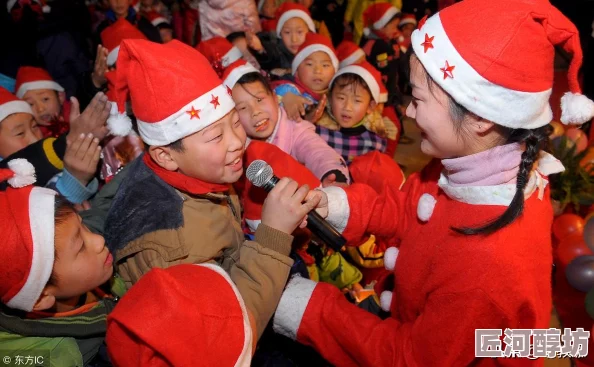英语老师让我不戴套c她学生表示那天是愚人节玩笑
最新消息:教育部门表示将加强师德师风建设,加大对教师行为的监管力度,并开通举报渠道,保障学生权益。
The Weight of Words: A Misplaced April Fool's Joke and its Repercussions
An incident involving an English teacher and a student's claim of being coerced into sexual activity, later attributed to an April Fool's Day prank, has sparked widespread discussion about the boundaries of humor, the power dynamics in educational settings, and the importance of responsible communication. While the student later recanted the accusation, explaining it as a joke, the initial allegation raised serious concerns and highlighted the potential for misinterpretations and lasting damage caused by even seemingly harmless words.
Navigating Humor and Sensitivity in the Classroom
Humor plays a vital role in creating a positive learning environment. However, it's crucial to recognize that humor is subjective and context-dependent. What one person finds amusing, another may find offensive or harmful. As Kosonen (2017) notes in their research on humor in education, "The use of humor in the classroom requires careful consideration of the diverse backgrounds and sensitivities of students." This incident underscores the need for heightened sensitivity, particularly when humor touches on sensitive topics like sexual relationships, which are inherently inappropriate within the teacher-student dynamic.
网友评论显示,许多人对这位学生的“玩笑”感到震惊和愤怒。有人评论:“这根本不好笑,这是一种极其不负责任的行为。” 另一些人则表示担忧,认为这种事件可能会对其他学生产生负面影响,甚至可能使他们不敢举报真正的性骚扰事件。 推荐程度:不推荐这种类型的玩笑。

The Power Imbalance and the Potential for Harm
The teacher-student relationship is inherently asymmetrical. Teachers hold a position of authority and influence over their students. This power dynamic can make it difficult for students to freely express their opinions or refuse requests, even if those requests are framed as jokes. This incident highlights the potential for even a seemingly lighthearted comment to be misinterpreted or to create an uncomfortable environment for students. As pointed out by Reay (2001) in their study on student-teacher relationships, "The power differential between teachers and students can create a climate of vulnerability for students." This vulnerability necessitates a heightened awareness from educators about the potential impact of their words and actions.
一些网友认为,即使是玩笑,这位老师也应该承担部分责任。他们认为,老师应该及时与学生沟通,了解情况,并引导学生认识到这种玩笑的危害性。 心得:这次事件提醒我们,在任何场合,特别是教育环境中,言行都应该谨慎,避免任何可能造成误解或伤害的言论。 社会影响:这一事件引发了公众对师德师风以及校园安全问题的关注,也促使教育部门加强相关方面的管理。
Addressing the Aftermath and Moving Forward

This incident raises several important questions:
How can schools create a culture of open communication where students feel comfortable reporting inappropriate behavior, even if they are unsure whether it constitutes harassment? 解答:学校可以开展定期的培训和教育活动,让学生了解什么是性骚扰,以及如何寻求帮助。同时,学校也应该建立清晰的举报机制,并确保学生知道如何使用这些机制。
How can teachers use humor effectively in the classroom while avoiding potentially harmful or offensive jokes? 解答:教师应该避免使用涉及敏感话题的玩笑,例如性、种族、宗教等。他们可以专注于与课堂内容相关的幽默,或者使用更普遍、更轻松的幽默方式。
What steps can be taken to ensure that April Fool's Day pranks remain lighthearted and do not cross the line into harmful or inappropriate behavior? 解答:学校可以提前制定明确的愚人节准则,并教育学生哪些类型的玩笑是不被允许的。同时,学校也应该鼓励学生在开玩笑之前,先考虑一下对方的感受,并避免任何可能造成伤害或冒犯的玩笑。

参考:
Kosonen, K. (2017). Humour in Education. Routledge.
Reay, D. (2001). 'Class Work': Mothers' Involvement in Their Children's Primary Schooling. UCL Institute of Education Press.







